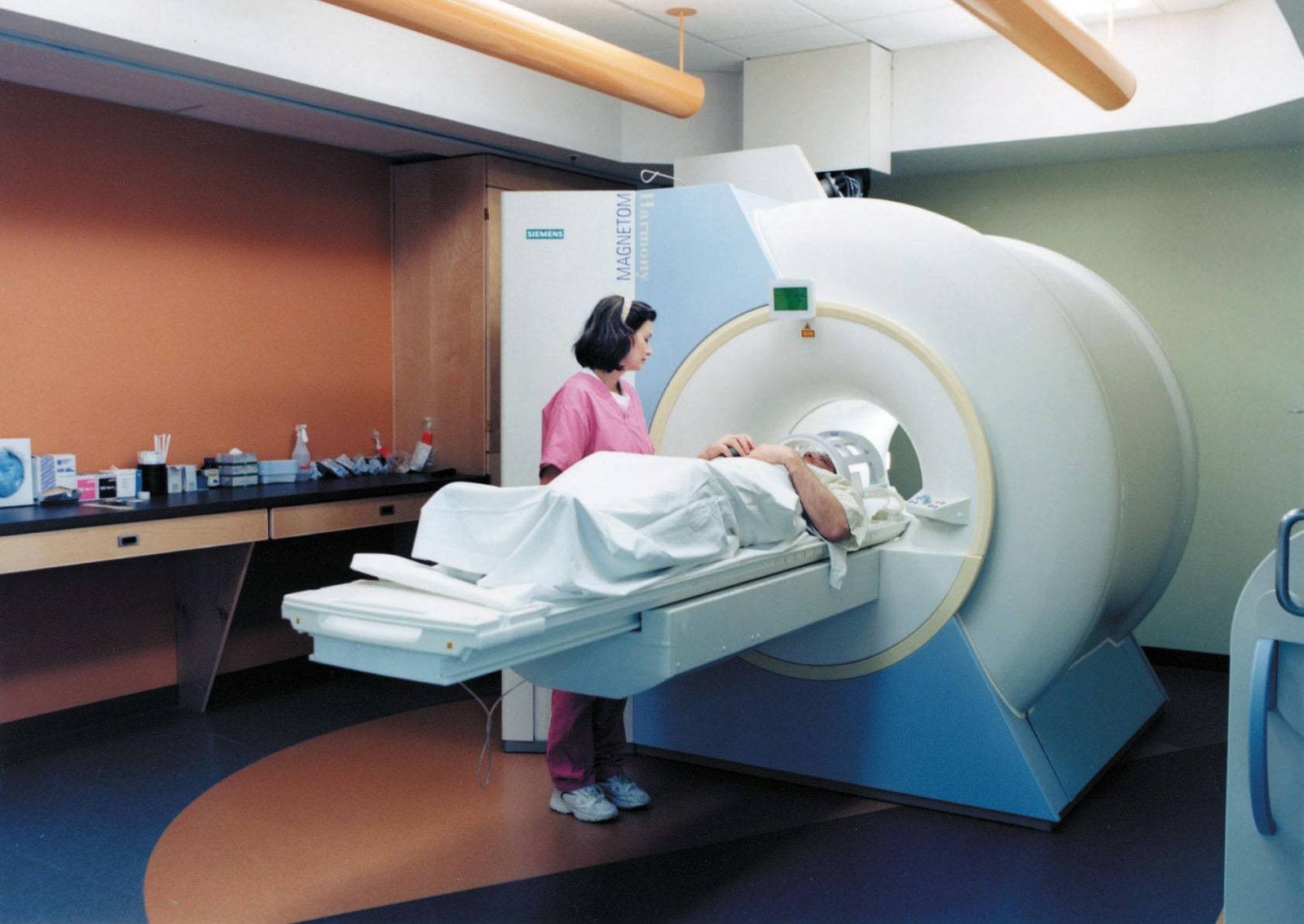In the UK, and across most parts of Europe, medical technologies such as Ultrasound, CT and MRI (magnetic resonance imaging) scans are taken for granted. The chances are you have probably had one of these procedures yourself, or at least know someone who has. Up to date technology has undoubtedly made a huge difference in the diagnosis and treatment of illnesses and injuries. Apart from South Africa, these health benefits have been slow to come in many areas of Africa, but many African countries are now catching up. Across the African continent, both government and private companies are working hard to ensure that the technologies are widely available and easily accessible so that effective treatment can be brought to the population.
The Problem
Cancer, head and spinal injuries are no less common in Africa than they are in the UK. One of the major difficulties throughout African regions has been not only the lack of modern and sophisticated equipment and resources but also the proximity of appropriate medical facilities to rural areas. For some diagnoses, particularly for head or spinal injuries, this access to quality care can make all the difference to an individual’s prognosis. Building new hospitals, either public or private, and having modern equipment run by trained staff can only be a positive step for anyone visiting or residing in Africa.
Modern Medical Technology and its Impact on Healthcare and Diagnoses
Before CT or MRI scans became widely available, many head injuries would result in the standard ‘woodpecker surgery’ – let’s go in and have a look. Imagine if you, or your child, were subjected to this unnecessarily. Both CT scanners and the more advanced MRI scanners can save you from this, often risky, surgery.
Magnetic resonance imaging is generally considered a safer option than a CT or standard x-ray as it does not use ionising radiation. Although it is generally not recommended for pregnant women, it has been used for diagnoses of some foetal deformities or as a way to determine the best method of delivery for some complicated pregnancies. With its ability to accurately image soft tissue, MRI has become a standard method for the diagnosis of cancerous tumours and spinal injuries.
Africa’s Healthcare Revolution
Totally refurbished MRI machines are readily available and may be a choice for some hospitals or clinics. Surprisingly, the newest MRI machines are less expensive than earlier models making the finest quality medical technology much more accessible to many African nations. In January 2012, Ghana became the first West African sub region to offer MRI scanning. In Nigeria, private companies such as Deux Projects Ltd, led by CEO Dr. Tunji Olowolafe, are helping to build and supply new hospitals with the newest technologies available and also provide equipment to existing hospitals.
Dr. Tunji Olowolafe (also known as Olatunji Olowolafe) and the Deux Projects incentives are committed to bringing the highest quality of healthcare to Africa, along with their involvement in other important infrastructures such as education and construction. The organisation was established in 1991 and is in a strong financial position with various UK affiliations.
MRIs and other high tech machines can go a long way to improving the quality of healthcare not only for you and your family but for an ever increasing number of families in Africa. This is surely a positive move and one that is worthy of support and celebration.
Written by: Nnamdi’s day job as a lawyer means that he is involved on a daily basis with international development projects. He is passionate about the improvements to people’s lives that can come through improvements in national infrastructure in Africa, particularly in improving the delivery of health services, Nnamdi closely follows the work of Dr. Tunji Olowolafe CEO of Deux Project Ltd focusing on the long term gains in economic development that comes with improved healthcare standards and the infrastructure developments needed.























